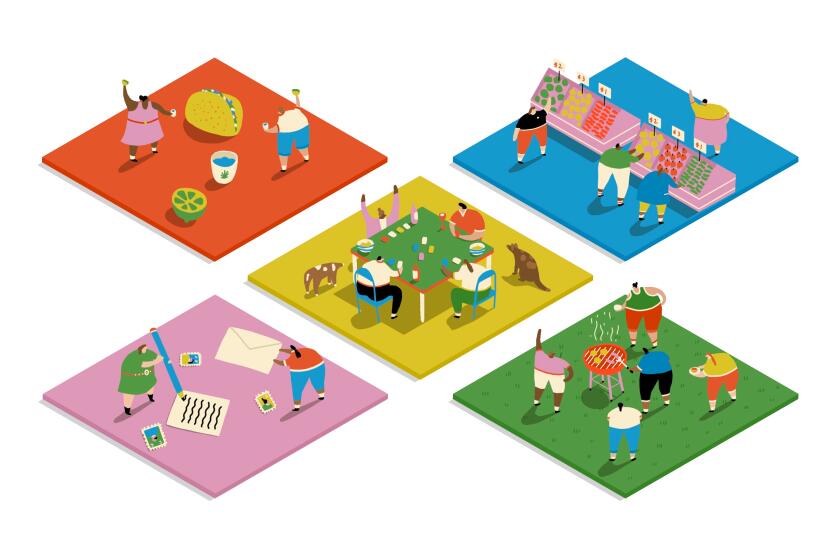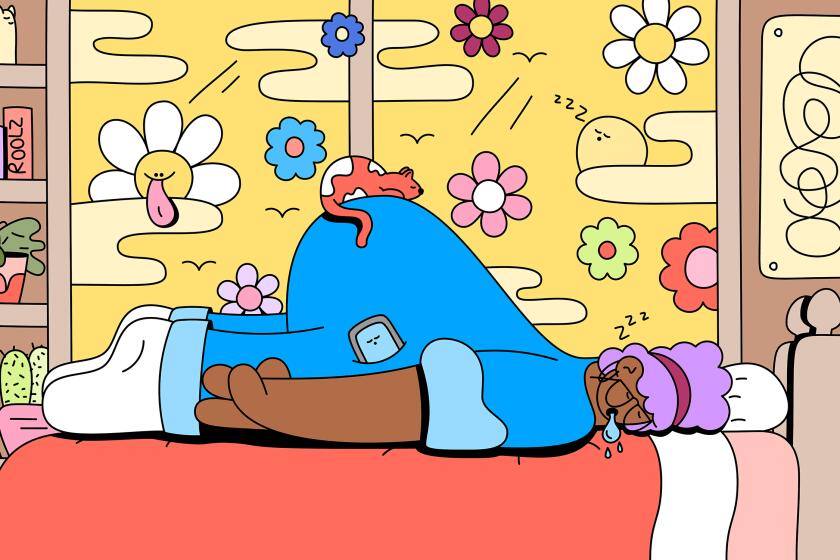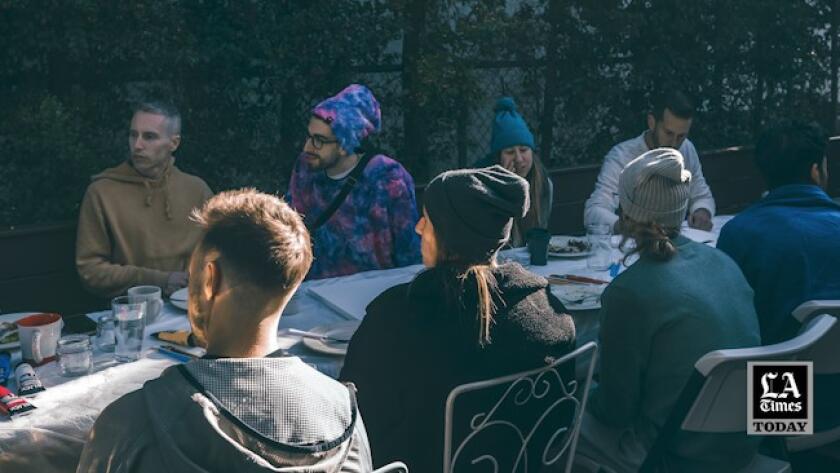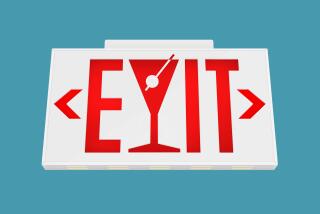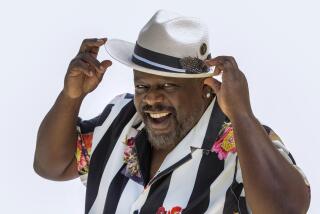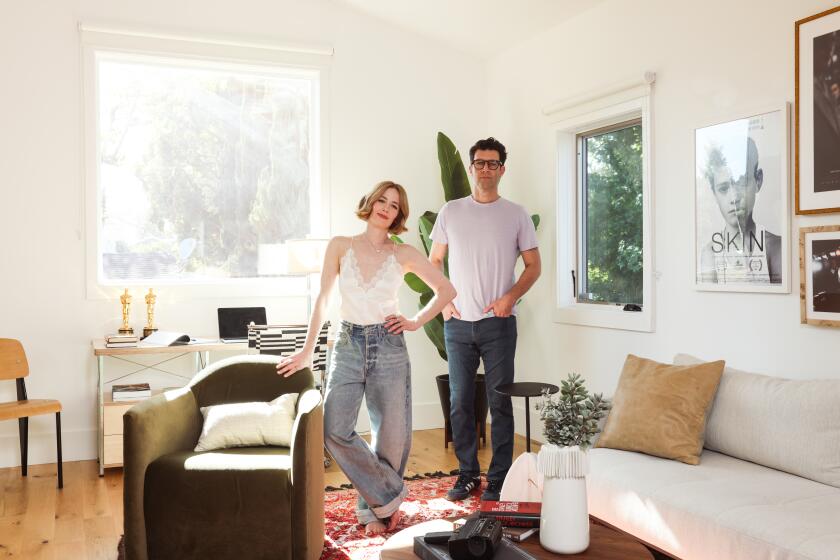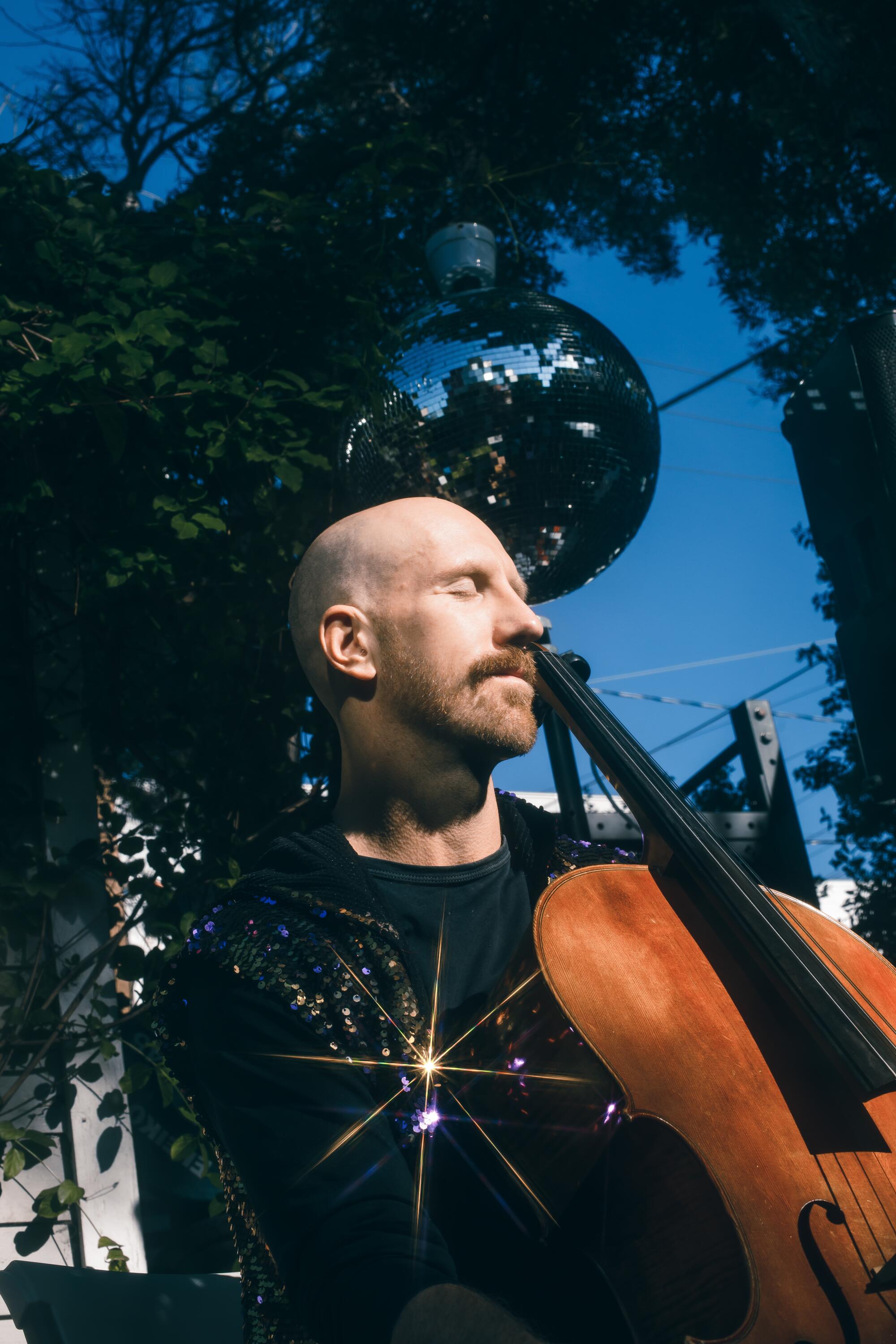
While Devin Demyanovich used to enjoy partying, it is no longer her idea of a good time. Demyanovich felt like she couldn’t be social and keep her anxiety at bay without substances, and she just wanted to avoid it all. So when she came out to Los Angeles to interview for a job with a friend who was at a new social media marketing startup that liked to work hard and play hard, she told him maybe it wasn’t a good fit.
But the company really wanted her to come on board and offered to hire Evan Cudworth, a party coach her friend had met at a wellness festival in Ojai, to help her build new ways to be social. At first, she was dismissive.
“I told them, ‘I don’t need to learn how to party,’” she said.
Previous career coaches hadn’t helped her much. But after looking at Cudworth’s social media and website, she decided to give party coaching a try. In one-on-one sessions, Cudworth helped her learn how to enjoy being in social situations without being in an artificially altered state of mind. The coaching included setting goals for herself, such as talking to people at a bar and skipping pre-partying, and techniques on how to recenter if things don’t go according to plan.
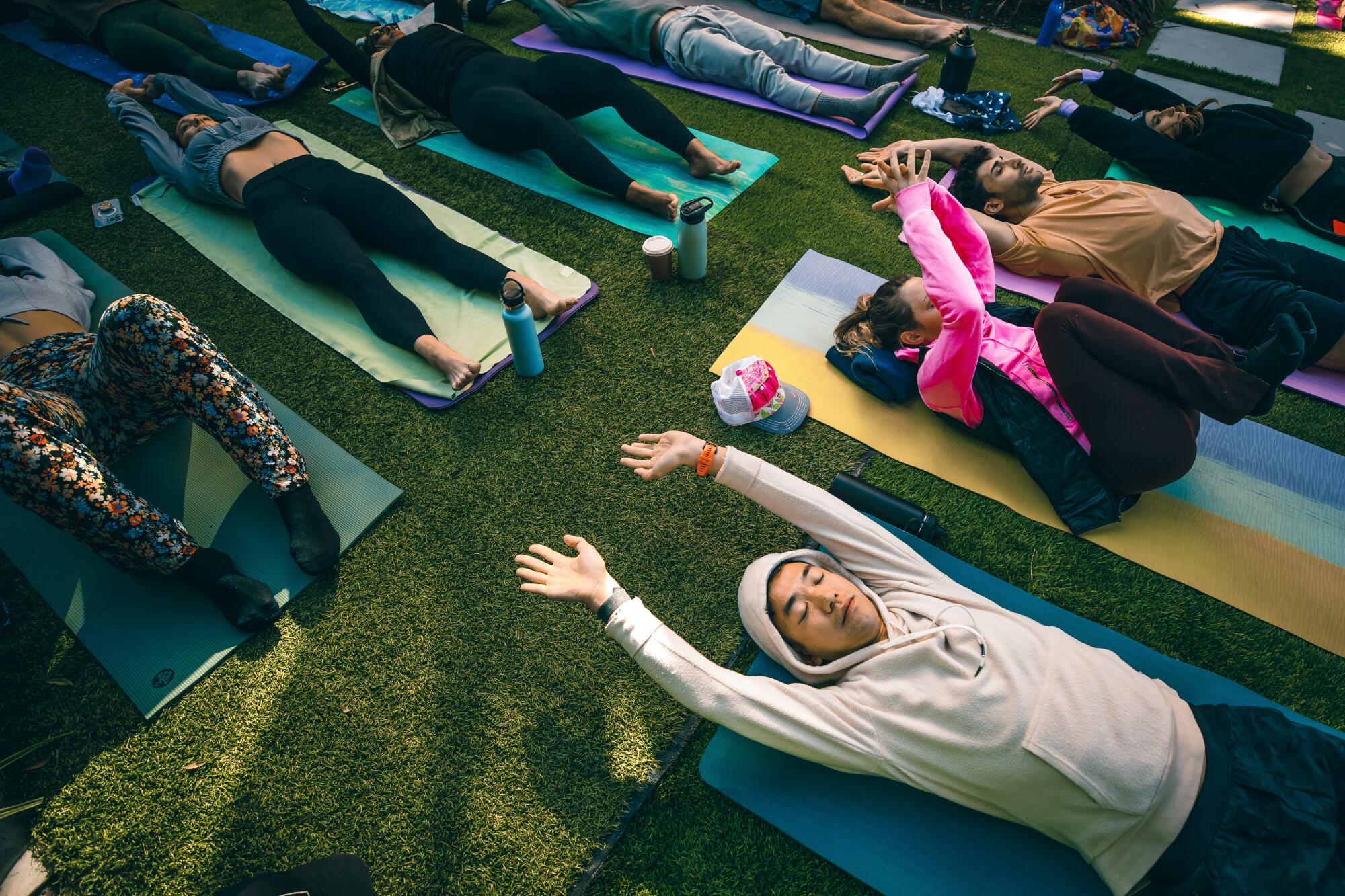
“It’s been really helpful encouraging me to get over my anxiety, get over myself, get over needing substances, and just actually get out there and be social,” Demyanovich said.
The coaching helped in other parts of her life too — it made the cross-country move less stressful. She’s noticed it helps with her job; she’s more engaged at work functions and able to network more easily.
“I feel wholly changed by him and opened to a new mindset,” she said.
There are all sorts of coaches — life, spiritual, career, fitness — who promise to help in one facet of your life or another. But as a party coach, Cudworth is unique (he’s the only one that Google turns up). He promises to get his clients to party better, whatever that means to them. For some, hiring a party coach is a radical act of prioritizing leisure time and breaking with a culture where people will contort themselves to optimize their work life while letting their personal time suffer.
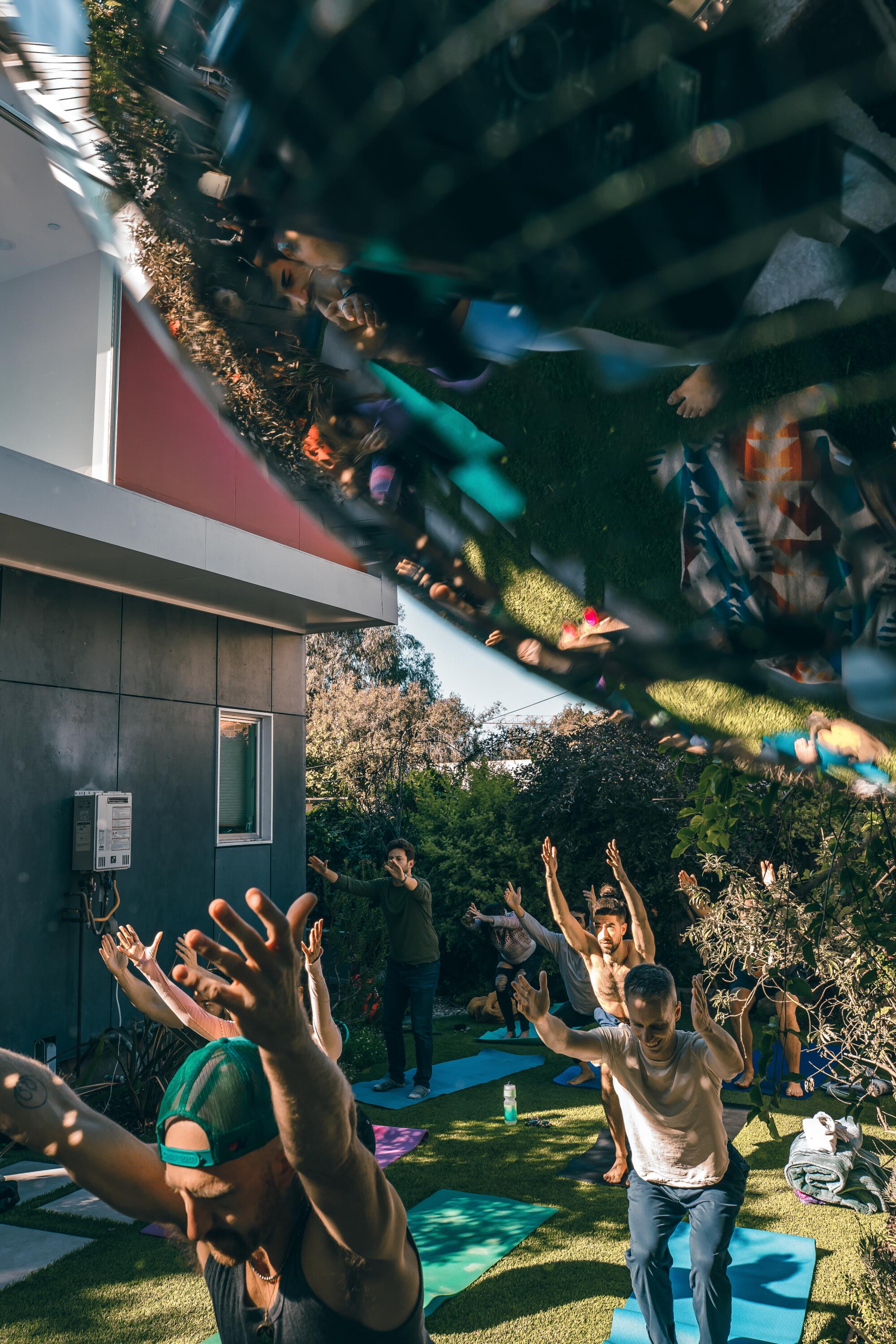
Cudworth started calling himself a party coach in October 2020 after getting laid off from his music industry job earlier in the pandemic. He had spent the previous 15 years in the nightlife and festival scene, going to more than 1,000 concerts and events. Like many during the pandemic, Cudworth decided he needed a change.
The disconcerting time put into stark relief how vital social connections were but also how they took effort to sustain, something people were struggling with after months of isolation. Helping people connect again, and maybe connect better, was something he thought he could understand and help others with, relying on his background.
“Through all that time at events,” he said, “connecting to people was one of the great joys of my life.”
Southern Californians leaned on new and old friends to build support systems as the COVID pandemic turned their lives upside down.
The party coaching takes many forms, depending on the need. With Demyanovich, it was one-on-one remote coaching, talking to her online and through text. For people who sign up to go through a program, he hosts anti-anxiety pre-parties for people before they go out to bars or events.
“We mimic what a regular pre-party would feel like,” he said.
People take kombucha shots, and he gives assignments, like dancing or talking to three people. Cudworth either joins as a party wingman or checks in with texts to see how things are going.
“I see my mission is to get people to have clear intentions and find out what that looks like inside of a party,” he said.
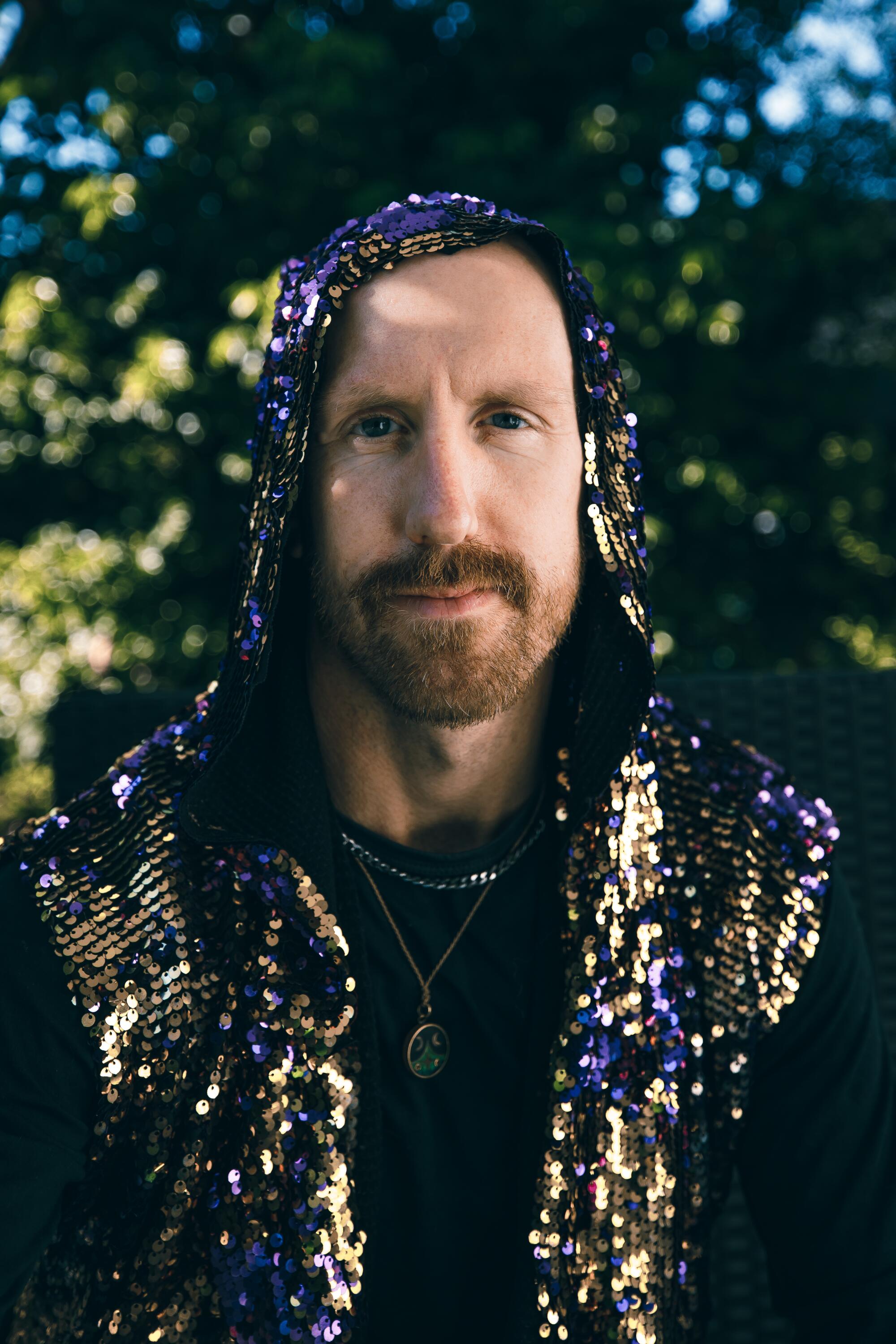
Setting intentions is something that not everyone considers before going out, but Cudworth has found that it can make the difference between enjoying the time out or looking back in regret. It also helps deal with anxiety, one of the main problems for which people come to him.
“This anxiety that you think exists is just a muscle you are strengthening,” he said.
Cudworth takes helping people seriously but is irreverent on his social media, dancing on his TikTok in bright orange leggings and cheerfully answering even the most skeptical anonymous accounts that leave negative comments about party coaching.
“I get it,” he said. “You can fall off your skateboard and hit a life coach anywhere in Venice. It’s to the point of parody.”

For the record:
9:44 a.m. Jan. 10, 2023An earlier version of this article incorrectly stated in photo captions where Evan Cudworth’s event took place. It took place at an event space in Santa Monica.
But that hasn’t stopped him from building a career. About 50 people have done one of the handful of multiweek programs he’s offered; he’s coached more than 100 individuals, and hundreds more have come to parties he’s organized. His Patreon includes different levels, with the cheapest being $5 a month, which gets people access to some resources, and a Discord where members can chat with other people who have also signed up. Prices run up to $200 an hour for one-on-one coaching, a rate that Cudworth points out is in line with the costs of life and career coaches and can be seen as a payment for the time he saves his clients.
“What hours are you getting back because you are not hung over?” he said.
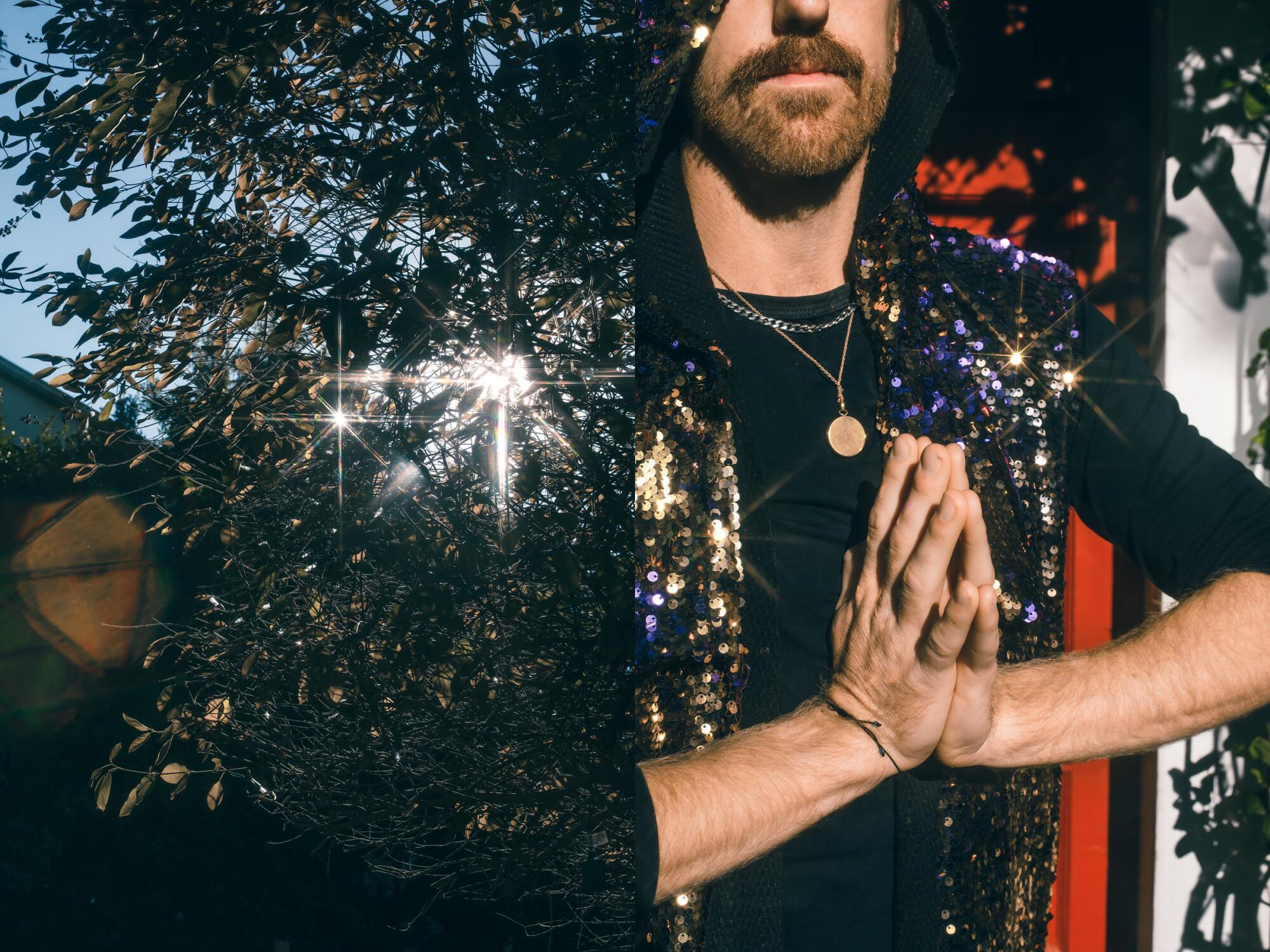
Most of his work involves partying sober — or sober-ish — with clients who want to reset their relationships with nightlife and build natural confidence without substances. Cudworth identifies as in recovery and can sympathize with the struggle, but he does not consider himself a sober coach.
“I’m not selling sobriety,” he said. “This is not a way to stay sober.”
For potential clients who are also in recovery, he screens them to make sure he’s able to help them. He’s diverted people who might need more addiction services to other groups.
“There is a line between therapy and coach,” he said.
Tips to improve your wellness and make 2023 resolutions easier to stick with, whether you want to focus on your mind, body or spirit.
Sam Mullaney had gone through waves of using alcohol when she came to a point where she told herself she wanted more control. She found Cudworth on TikTok and was impressed by the content and his openness.
“He walks the walk,” she said. “And he posts candidly about his ups and downs.”
Mullaney signed up for one of Cudworth’s seven-week sessions and went out with him and others to bars and clubs, with the intention to not drink and still have a good time, something she found hard at first.
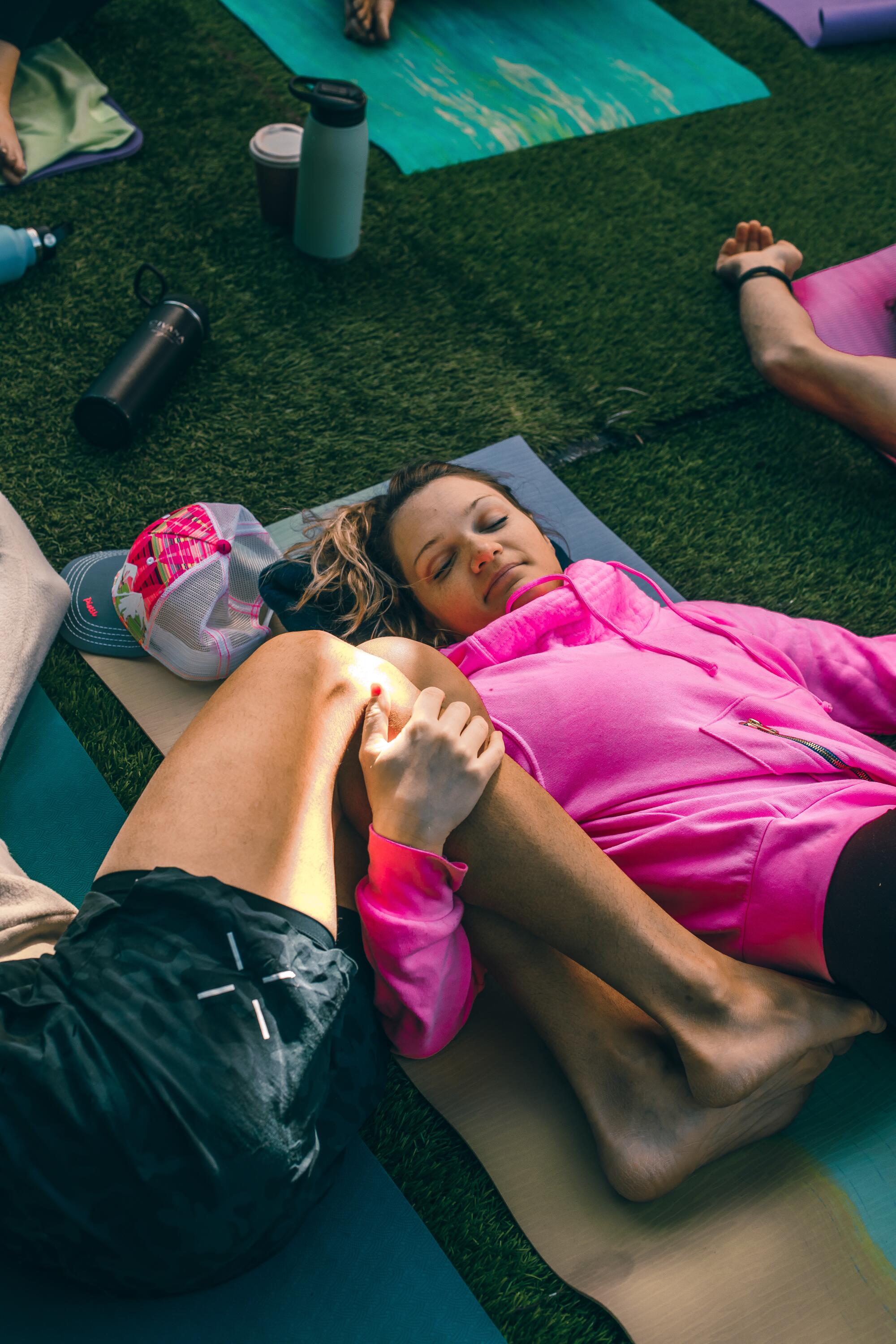
“Alcohol gave me a false sense of confidence,” she said. “But going out with the group and having a great night without alcohol was even more fun than with it.”
She still drinks but not as much, a development she credits to Cudworth’s program.
“The program doesn’t make you feel like you have a problem,” she said. “It gives you tools to show up more authentically as yourself.”
People who don’t consider themselves addicts have turned to Cudworth to reduce substances in their lives.
“I’ve definitely heard of alcohol being described as boomer technology,” Cudworth said.
Another group intrigued by party coaching could be people who work in the nightlife industry, said Austin Newton, who works in monetization strategy at TikTok and has been volunteering his time to work with Cudworth on a business plan. Newton met Cudworth at a festival, liked what he was doing and offered his services.
“It’s a really powerful opportunity to link up with performers, DJs and others that have jobs that keep them around drugs,” Newton said.
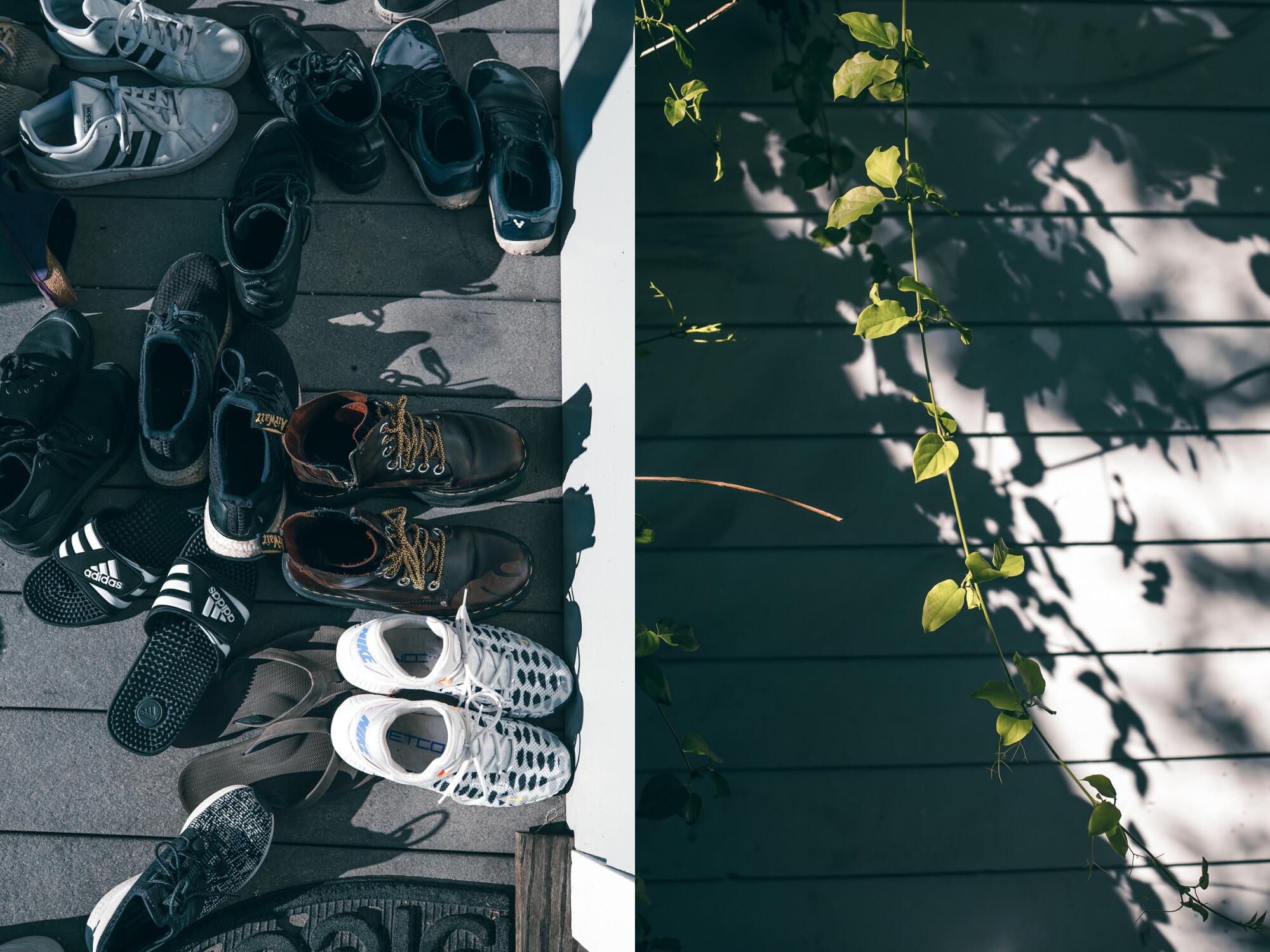
That includes people like Dan Ivey, a motion graphic designer who picks up work at concerts. He had been wanting to find a way to be more efficient at events to make business connections while also not feeling terrible the next day. He met Cudworth through a mutual friend at a beach volleyball event and got in touch after running into him around Venice.
“It seemed really silly at first,” Ivey said. “I think most people’s initial reaction is to smirk and go, ‘What is that,’ but when I heard more of what it was, it sounded up my alley.”
Ivey booked Cudworth for four one-on-one sessions over a month to work on how to approach social settings that were also quasi-professional.
“I hate to use the word ‘vibe,’ but it’s not only what I can get out of a relationship,” Ivey said. “I learned to approach it in more of how to create energy.”
Now at festivals and concerts, he feels more present and has more interactions, all without using a drink as a crutch.
“You are trying to have the best time possible and the best time for the people around you,” Ivey said. “Really, I think more people could benefit from it.”
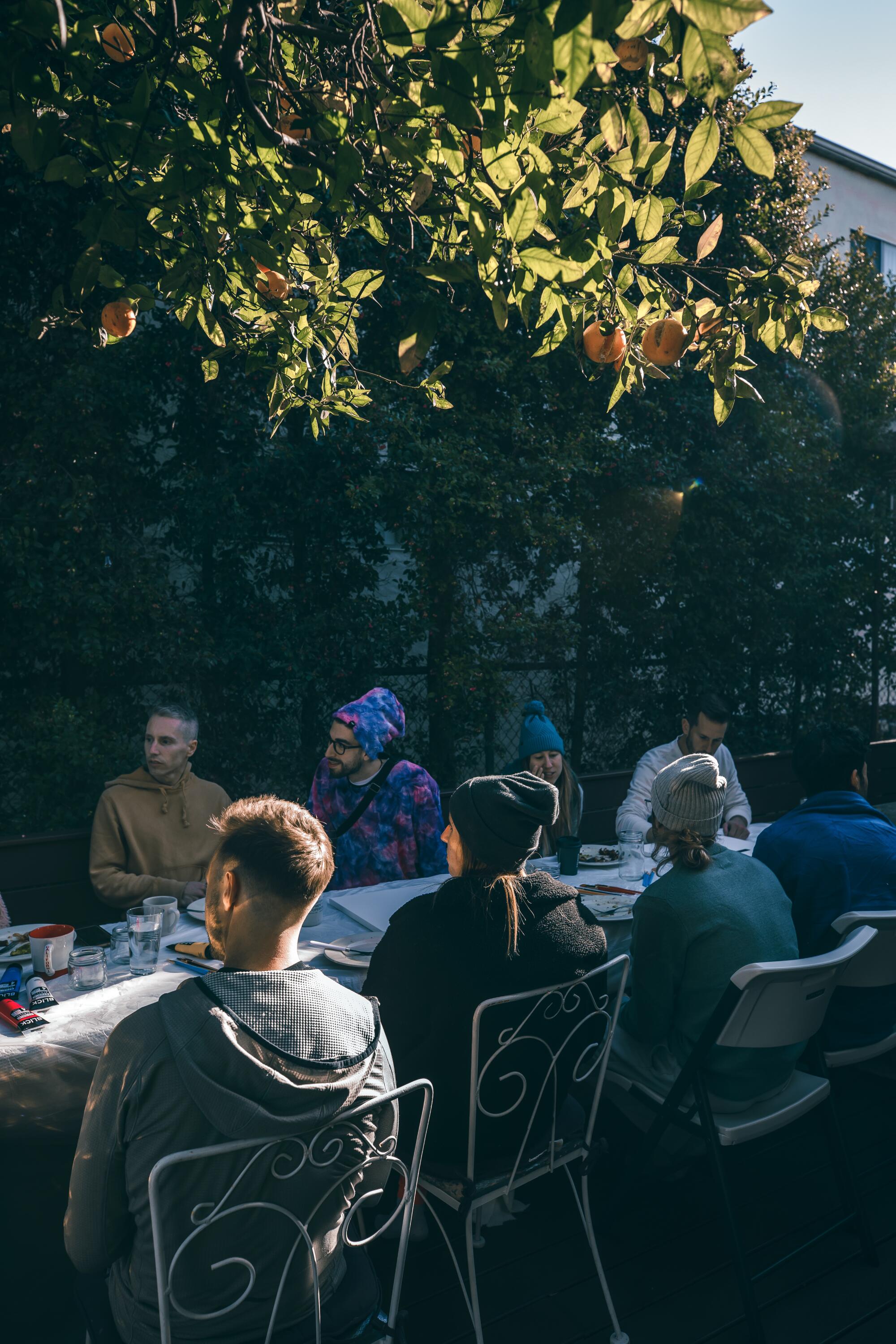
Watch L.A. Times Today at 7 p.m. on Spectrum News 1 on Channel 1 or live stream on the Spectrum News App. Palos Verdes Peninsula and Orange County viewers can watch on Cox Systems on channel 99.
More to Read
Sign up for The Wild
We’ll help you find the best places to hike, bike and run, as well as the perfect silent spots for meditation and yoga.
You may occasionally receive promotional content from the Los Angeles Times.
